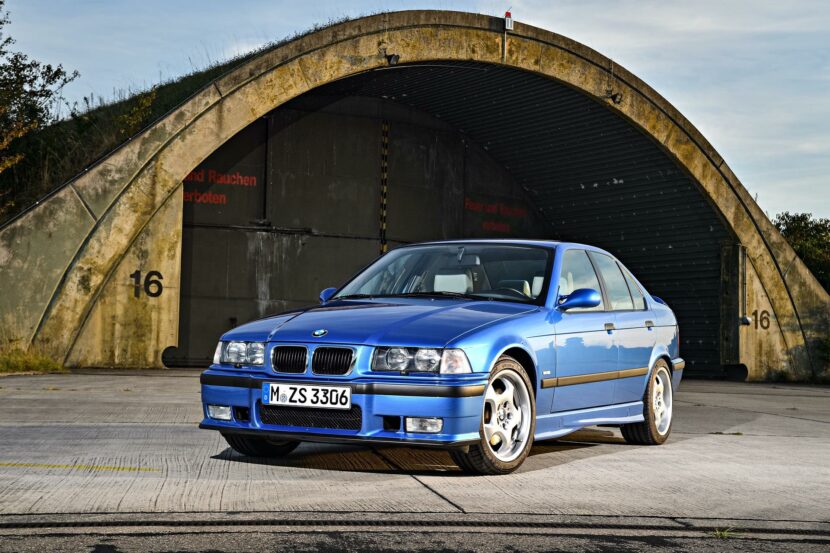There have been two main rumors about what sort of powertrain would motivate the upcoming G80-generation BMW M3. One has been that the next M3 would use a twin-turbocharged I6 aided by water-injection, much like the BMW M4 GTS. The other has been that it would use a twin-turbo I6 with the aid of an electric turbocharger, acting as a third turbo for ultra-low rpm boost. According to our sources and some new findings, we’re beginning to think that it’s going to be the latter.
We just recently learned that the standard G20 BMW 3 Series will be getting a 48-volt electrical system, which will be a first for BMW. That 48-volt electric system will be able to power multiple technologies that a standard 12-volt system cannot. One of them being an electric turbocharger. The reason we say that is because the new Audi SQ7 TDI uses a 48-volt system to power one, along with a few other technologies.
The SQ7’s EPC (Electrically-Powered Compressor) is, for all intents and purposes, an electric turbocharger. It’s powered by the 48-volt electric system and is able to spool up and create boost from zero-rpm. That helps to completely eliminate turbo lag, by filling in where the conventional gas-driven turbos can’t boost. The same tech could be used in the next-gen M3 and the 48-volt system in the upcoming 3 Series sort of points to that.
Our sources have also hinted at this as well, that an electric turbo is the direction that BMW M wants to go. And it only makes sense, to be honest. We’ve been saying we were hoping for this turnout rather than the M4 GTS’ water-injection system. It’s a lightweight way to add power and reduce turbolag while also reducing complexity. An EPC is pretty simple to add and replace if it breaks. A lot simpler than water-injection. And it doesn’t come with a separate water tank in the trunk.
What we’re not sure is if this EPC will be a second or third turbo. It might have two conventional turbos and one electric or one and one of each. Either way, the addition of such a tech would allow BMW to reduce turbo lag while increasing power and keep its engine sharp.
We’re also encouraged to hear that this is likely the direction BMW M is going to go in. The M4 GTS’ water-injection system is needlessly complicated to add very little power. The standard M4 makes 425 hp while the M4 GTS makes 493 hp. That’s not enough to warrant all of that extra complexity, along with the need to refill the tank of water in the trunk every so often.
The next-gen BMW M3 is going to need to make over 500 hp to remain competitive in the segment that features two other cars to do so. Both the Mercedes-AMG C63 S and Alfa Romeo Giulia Quadrifoglio make over 500 hp and are significantly faster than the BMW M3. With an electric turbo, it’s entirely possible that the new M3 could make that power figure while also virtually eliminating turbo lag.





































































